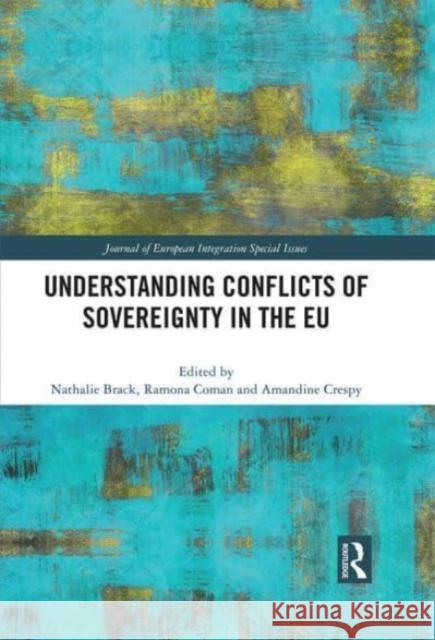Understanding Conflicts of Sovereignty in the EU » książka
topmenu
Understanding Conflicts of Sovereignty in the EU
ISBN-13: 9780367761400 / Miękka / 2023 / 140 str.
Understanding Conflicts of Sovereignty in the EU
ISBN-13: 9780367761400 / Miękka / 2023 / 140 str.
cena 219,90
(netto: 209,43 VAT: 5%)
Najniższa cena z 30 dni: 196,40
(netto: 209,43 VAT: 5%)
Najniższa cena z 30 dni: 196,40
Termin realizacji zamówienia:
ok. 16-18 dni roboczych.
ok. 16-18 dni roboczych.
Darmowa dostawa!
This book investigates the multifaceted conflicts of sovereignty in the recent crises in the European Union.











